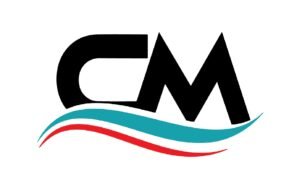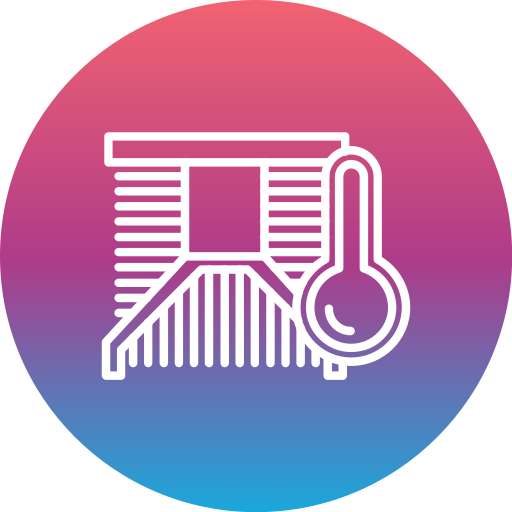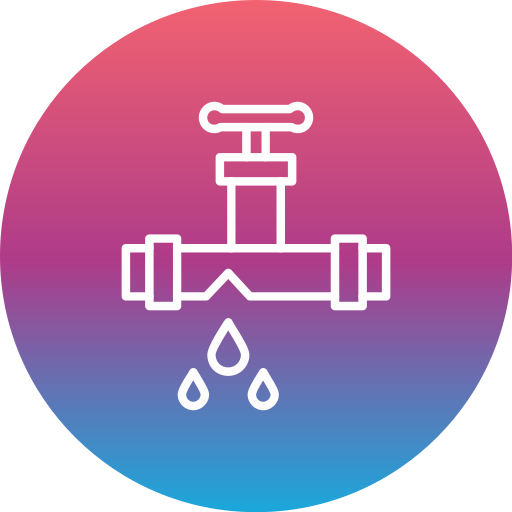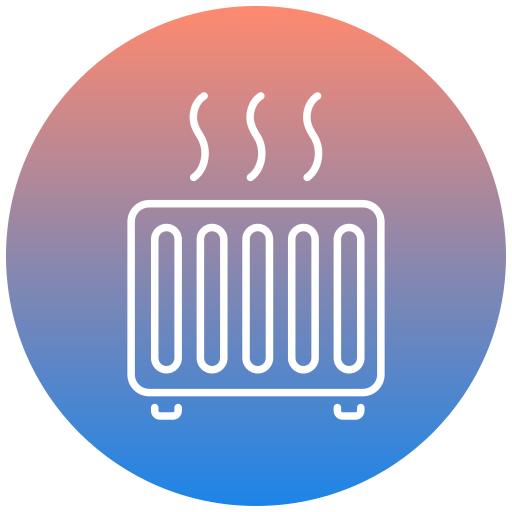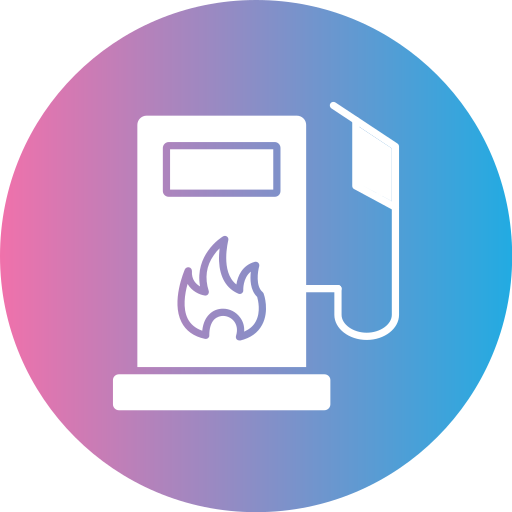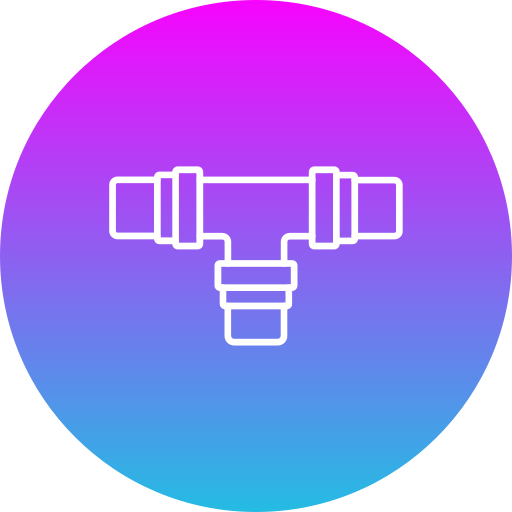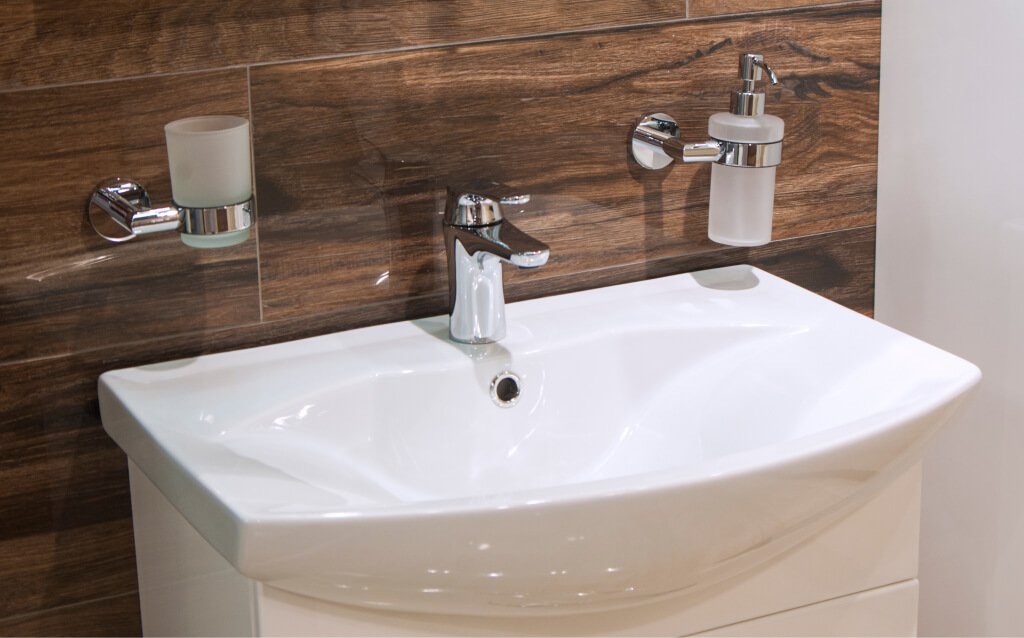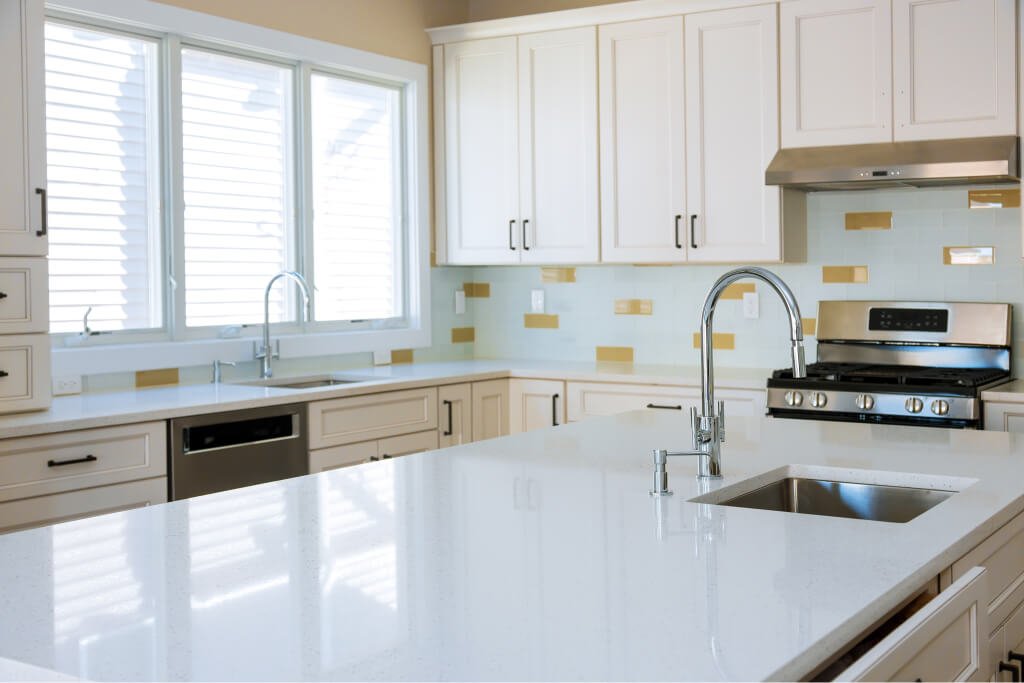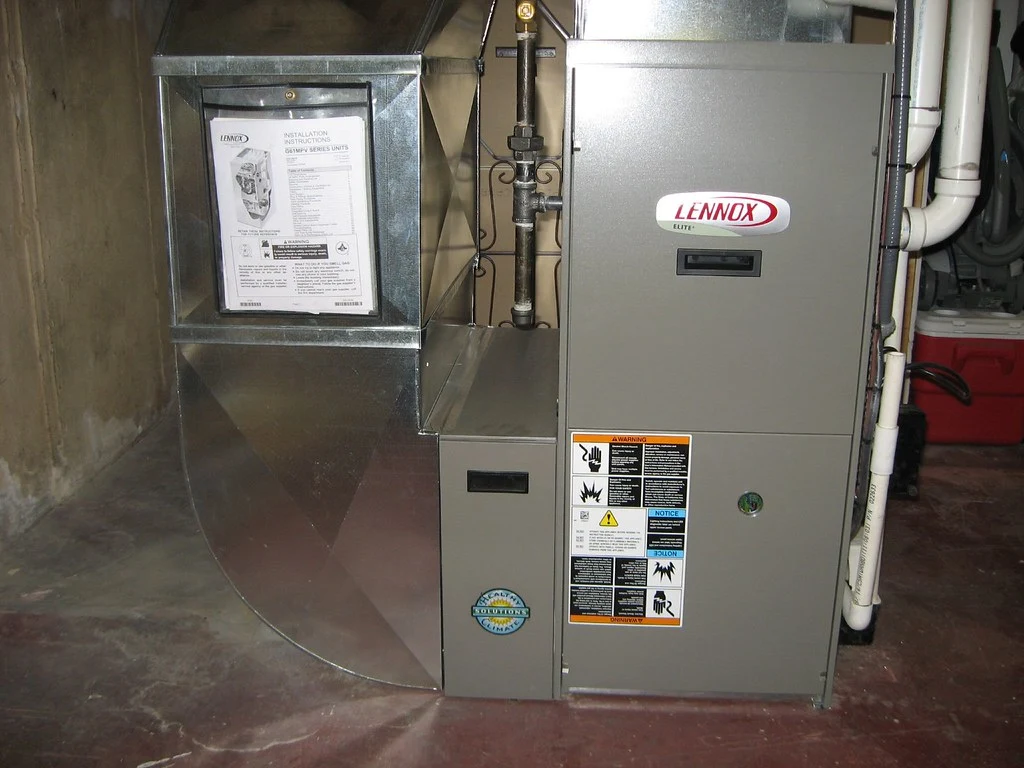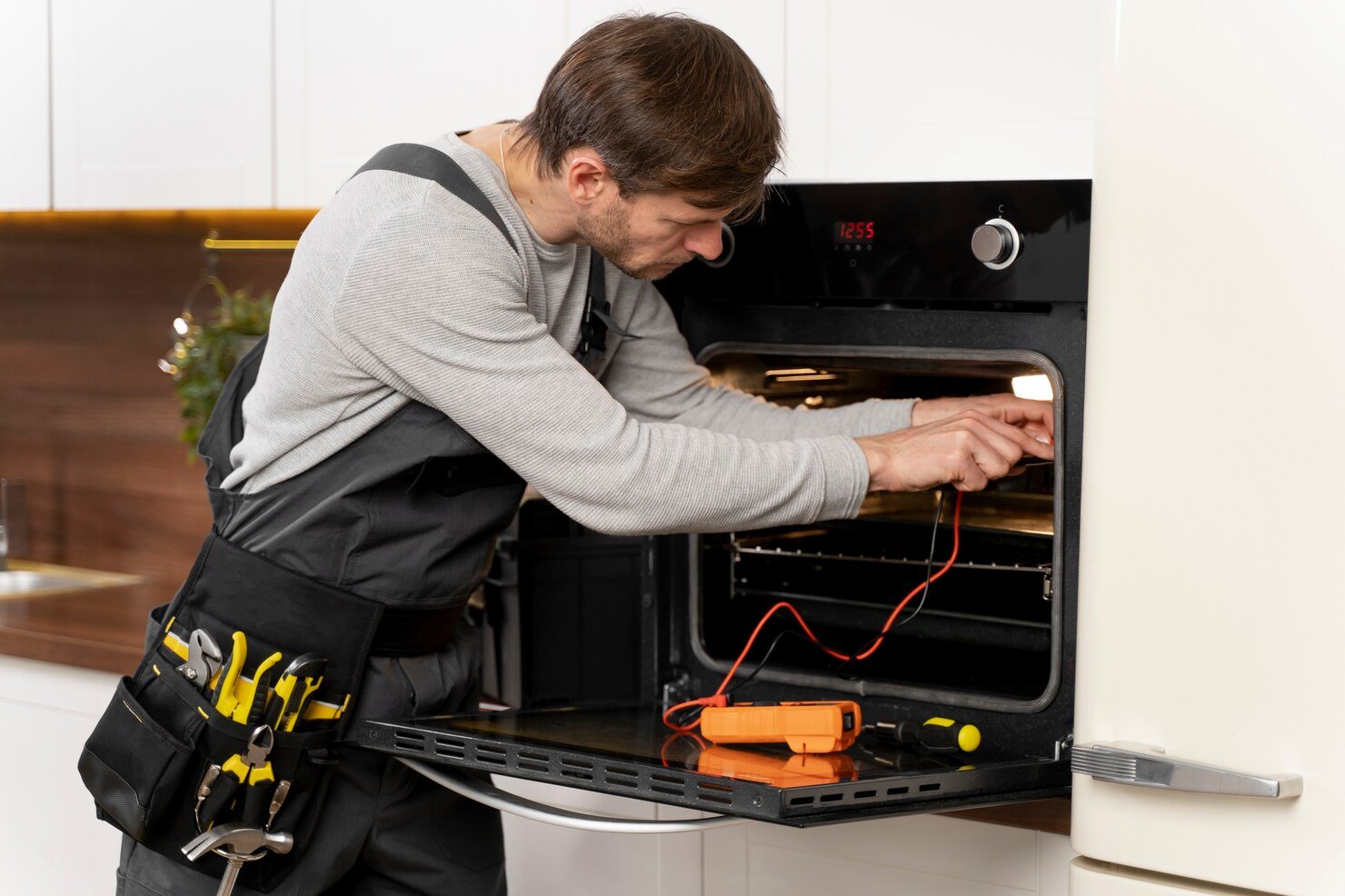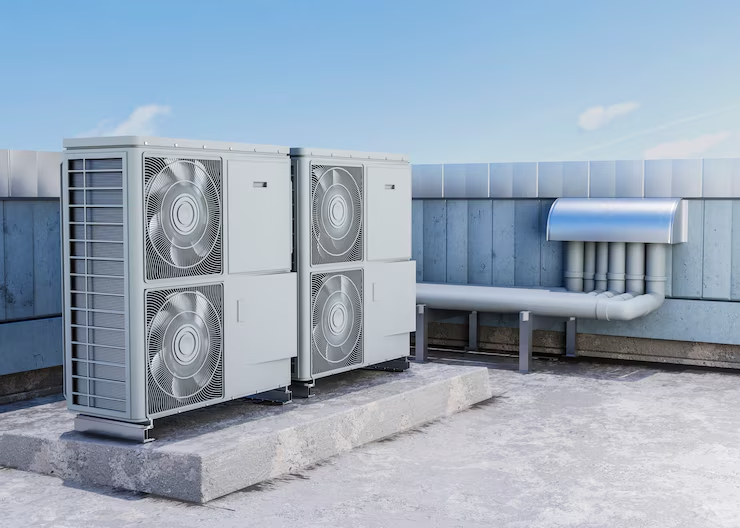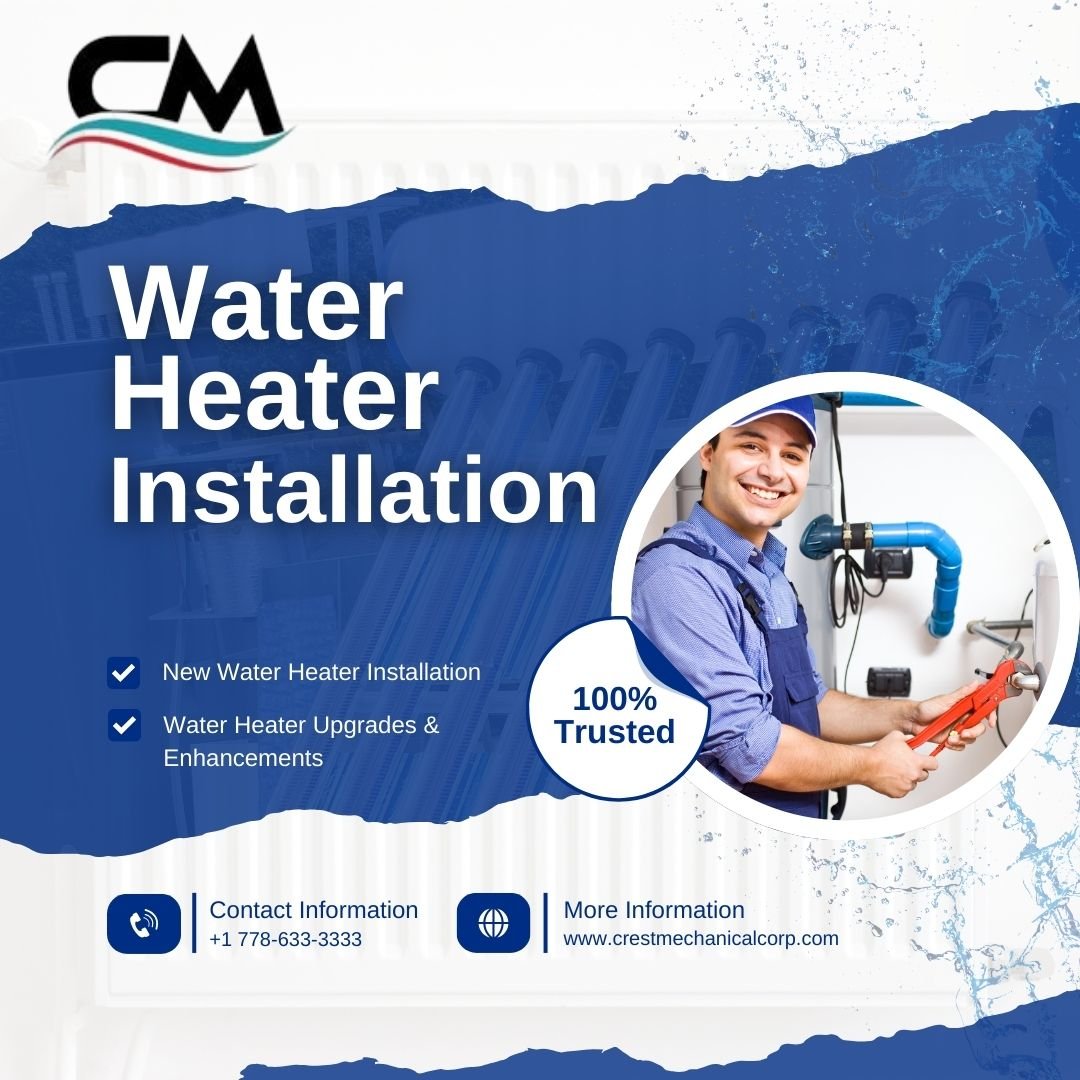Electric Heat Pump Rebates
❌ Replace Your Old Furnace → ✅ Upgrade to a Heat Pump!
You could be eligible for a FREE upgrade through CleanBC rebates — covering up to 80% - 100% of costs.
we are crest mechanical
Expert HVAC Services in Surrey, BC
At Crest Mechanical Corp, we specialise in providing top-quality HVAC services for residential, commercial, and industrial clients in Surrey, BC, and the surrounding areas.
Whether you’re dealing with a leaky faucet, need emergency HVAC repair, or want a new system installed, our experienced technicians are ready to help.
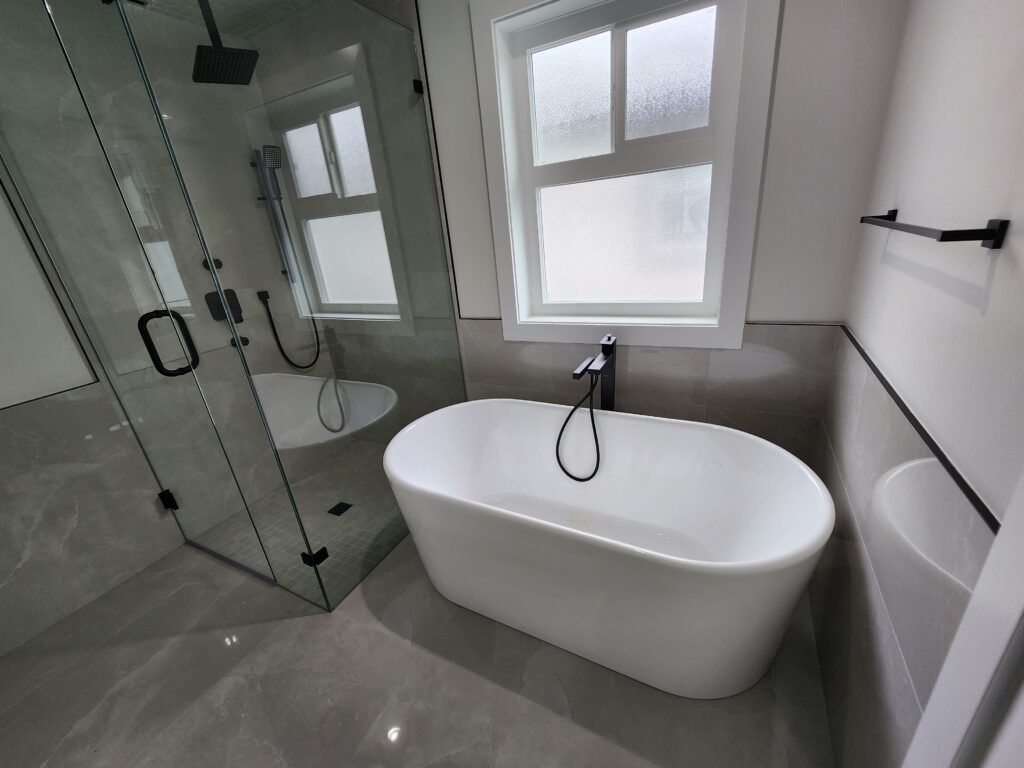
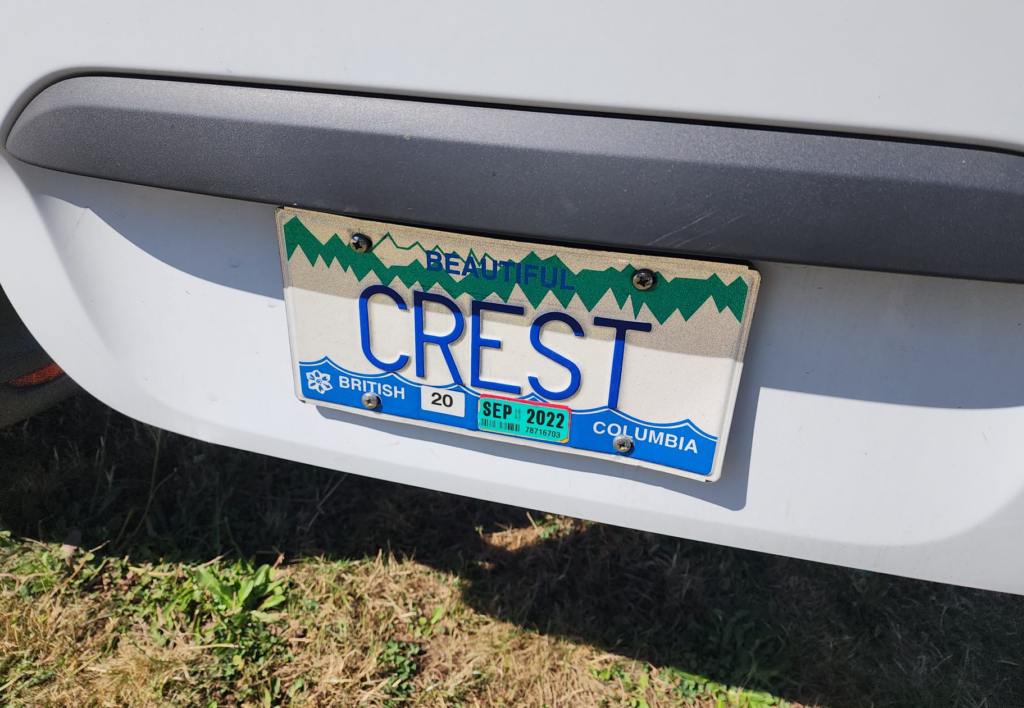
about us
Comprehensive HVAC & Plumbing Services for British Columbia Homes and Businesses
Serving Residential, Commercial, and Industrial Clients
We offer a full range of HVAC services to meet all your needs. From new installations to maintenance and emergency repairs, our team is committed to providing prompt, reliable service at competitive prices.
- Experts in their field
- Red seal certified technician
- 7+ years experience includes installation and maintenance
our services
What service we offer
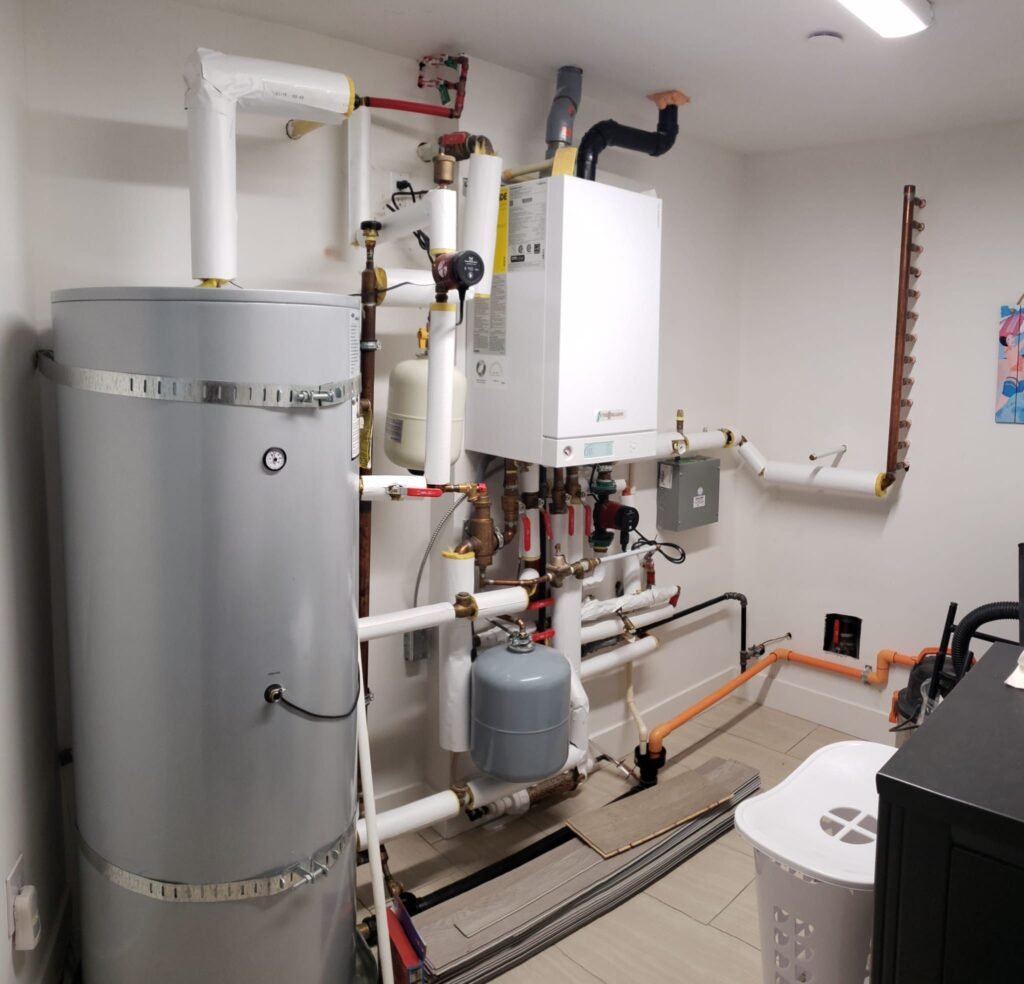
Why choose us
Why Choose Us?
We are committed to delivering the highest quality HVAC services in Surrey.
Here’s why we stand out:
- Certified & Experienced Technicians: Our licensed professionals have years of experience and up-to-date training in HVAC and plumbing systems.
- 24/7 Emergency Services: We’re available around the clock to handle any urgent HVAC or plumbing issues.
- Transparent Pricing: No hidden fees – we offer upfront, honest pricing so you always know what to expect.
- Locally Owned & Operated in Surrey: As a local business, we understand the specific needs of Surrey.
Our Vision
At Crest Mechanical Corp our mission is to provide top-quality plumbing solutions with integrity and expertise.
Our Mission
At Crest Mechanical Corp, our vision is to redefine comfort and reliability in every home and business we serve.
Best Service
We perform work on both residential and commercial properties and have certified and experienced red seal technicians.
testimonial
What our customer says
EXCELLENTTrustindex verifies that the original source of the review is Google. They are an amazing company. They installed a heat pump and bathroom ventilation fan. Guys were very professional, answered all my questions and went out of their way to make sure I was happy. Highly recommended them !!!Posted onTrustindex verifies that the original source of the review is Google. We had a heat pump installed in Mission, replacing our old natural gas furnace with a fully electric heat pump. Crest Mechanical guided us through the CleanBC rebate from start to finish, and the best part is we didn’t pay anything — the full installation was covered under the rebate. The process was smooth, and their team was knowledgeable and professional. We’re really happy with the new system and highly recommend Crest Mechanical!Posted onTrustindex verifies that the original source of the review is Google. Great work and completed on time. Gurpreet is knowledgeable and efficient.Posted onTrustindex verifies that the original source of the review is Google. Dual fuel heating system (furnace and heat pump) installed at our home by crest mechanical team. They completed the full installation in one day. Extremely satisfied with installation.Posted onTrustindex verifies that the original source of the review is Google. Very good service. Very efficient and responsible peoplePosted onTrustindex verifies that the original source of the review is Google. Highly recommendedPosted onTrustindex verifies that the original source of the review is Google. Good ServicePosted onTrustindex verifies that the original source of the review is Google. Got my heating system fixed. Punctual and Great Service!Posted onTrustindex verifies that the original source of the review is Google. honest and fast service recommmended!
our project
Our latest projects
Saving your money with efficient plumbing
Optimize your plumbing system to reduce water waste and lower your utility bills. Efficient plumbing solutions can help you save money while also conserving this precious resource for future generations
Our Latest Blog
Saving your money with efficient plumbing, cooling, heating, drainage and electrical technologies
Choose Crest Mechanical Corp for all your plumbing and air conditioning needs. We look forward to serving you!

